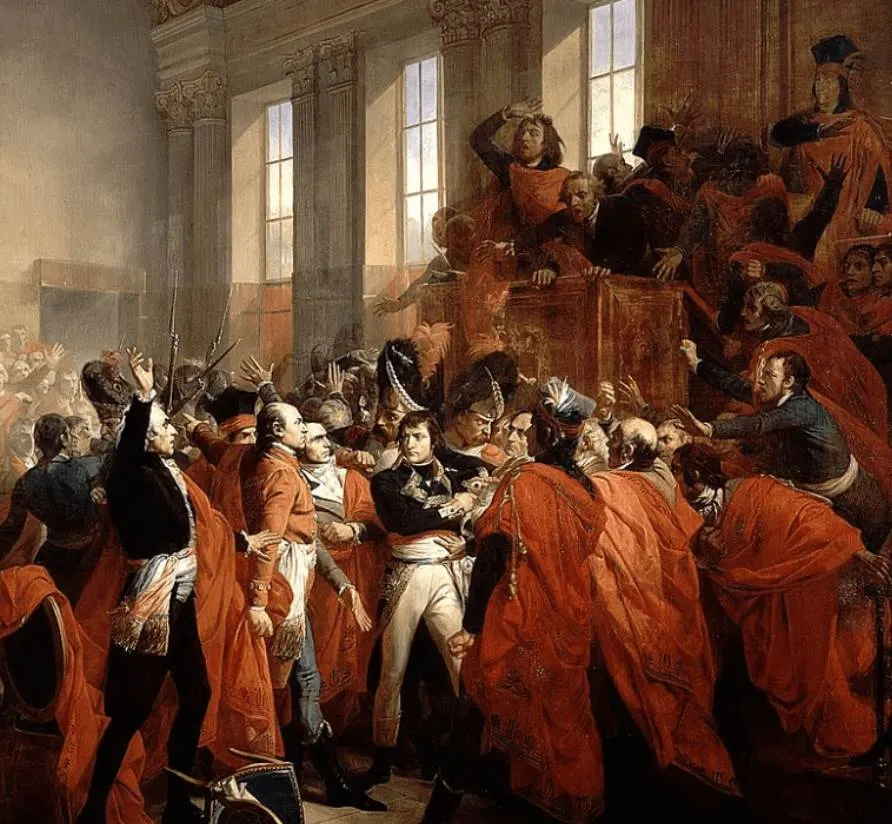One of the most important periods in European history happened in France in the late 18th century.
The French Revolution had drastic consequences for France and caused a change in both the social and political environment of the country.
The causes of the French Revolution have been one of the most-discussed topics in European history. It’s widely agreed that it’s a combination of many factors that lead to the assembly of the Estates-General.
This event is considered to be the starting point of the revolution which reached a point of no return after the Storming of the Bastille on July 14, 1789. This date became the national holiday in France.
The revolution ended when the French Consulate was established following the coup of 18 Brumaire on November 10, 1799, over 10 years after the revolutionaries conquered the Bastille.
In this article, you’ll discover some of the most important people of the French Revolution, people who shaped the course of human history during this radical decade in the late 18th century.
1. Marie Antoinette
Marie Antoinette (1755-1793) was Queen of France and her exuberant lifestyle is considered to be one of the many reasons for the poor economic situation in the country. She became more politically involved in the final years before the revolution broke out.
She was born an archduchess of Austria, a country that was considered to be an enemy by the revolutionaries. When the royal family fled Paris in 1791 in an event referred to as “The Flight to Varennes,” the revolution significantly radicalized.
The monarchy was abolished on September 22, 1792, and this paved the way for her trial on the severe count of treason and numerous other counts. She was found guilty on October 16 and subsequently publicly executed at the Place the la Revolution (today the Place de la Concorde) on the same day.
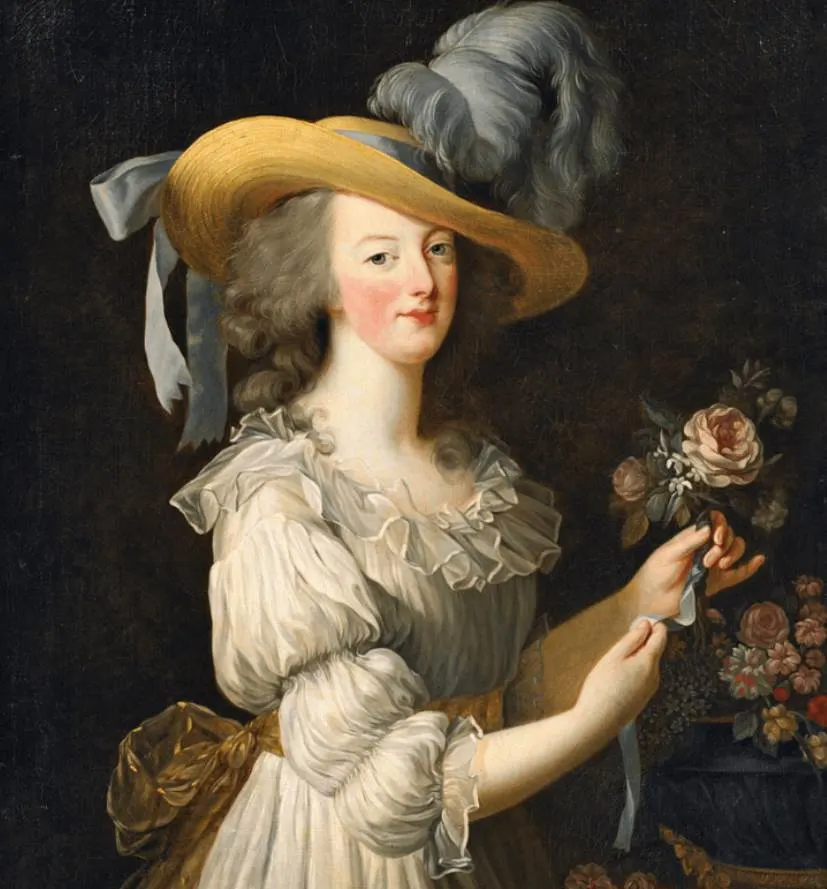
2. King Louis XVI

King Louis XVI (1754-1793) was the Last King of France before the start of the French Revolution. His management was unable to solve the severe problems in France at the time, and he was partially blamed for these poor results.
Considered to be a weak leader, his decisions were mostly guided by the people around him. When his economic minister Turgot advised deregulating the grain market, it resulted in higher bread prices. This was the prelude to great problems ahead.
The Flour War happened in 1775 and the popularity of the Ancien Régime never recovered. Louis XVI suffered the same fate as his queen and was executed by guillotine on January 21, 1793, a time that he was referred to as Citizen Louis Capet.
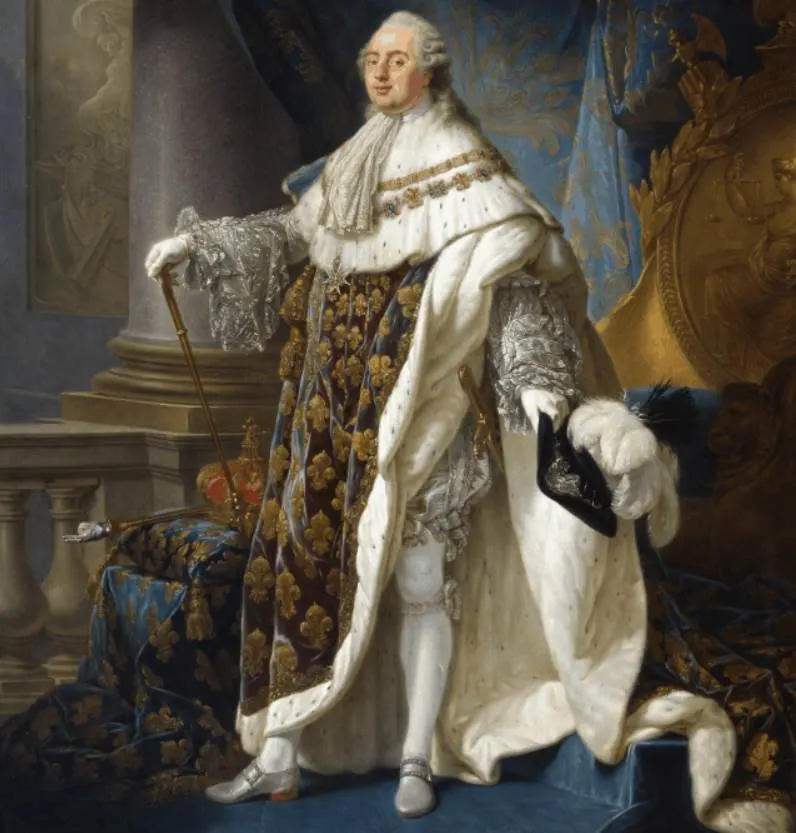
3. Honoré Gabriel Riqueti, Comte de Mirabeau
Honoré Gabriel Riqueti, Count of Mirabeau (1749-1791) was one of the early leaders and most important people of the French Revolution. This is quite remarkable because this nobleman didn’t exactly have a clean reputation in 1789.
Regardless of his past, he rose to prominence as a great orator and somehow became the “voice of the people.” His ideas were a lot more moderate than how the revolution eventually turned out to be, but he died in 1791 of natural causes.
Mirabeau was highly in favor of establishing a constitutional monarch on the example of Great Britain. His reputation received a final blow after his death when it came to light that he was paid by King Louis XVI. He remains a disputed figure in the history of the French Revolution until today.
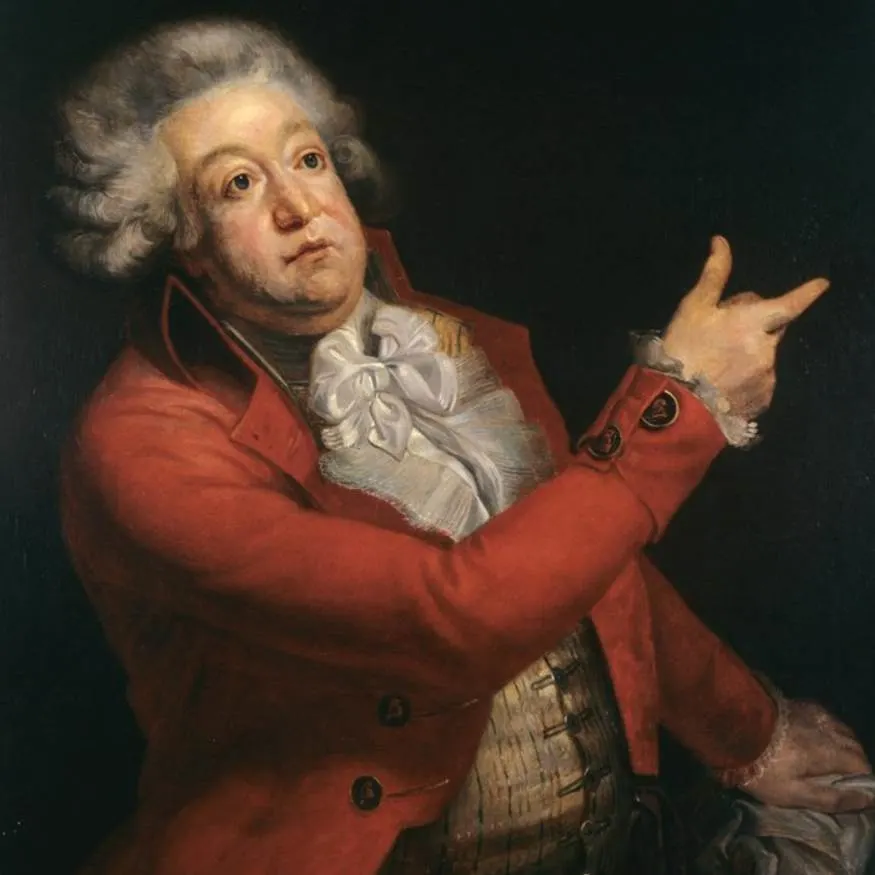
4. Gilbert du Motier, Marquis de Lafayette
Gilbert du Motier, Marquis de Lafayette (1757-1834) is one of the few people in history who is considered to be a hero in both France and the United States. That’s because was both a general during the American Revolutionary Wars and one f the key people of the French Revolution.
He was a member of the Estates-General of 1789 and was involved in writing the Declaration of the Rights of Man and the Citizen. He was helped by Thomas Jefferson with this. He had to flee France when the revolution radicalized and was imprisoned by the Austrians for 5 years.
He escaped with his life because of this and remarkably played a role in the French Revolution of July 1830 as well. He refused an offer to become the French dictator during this event and instead offered his support for King Louis-Philippe.
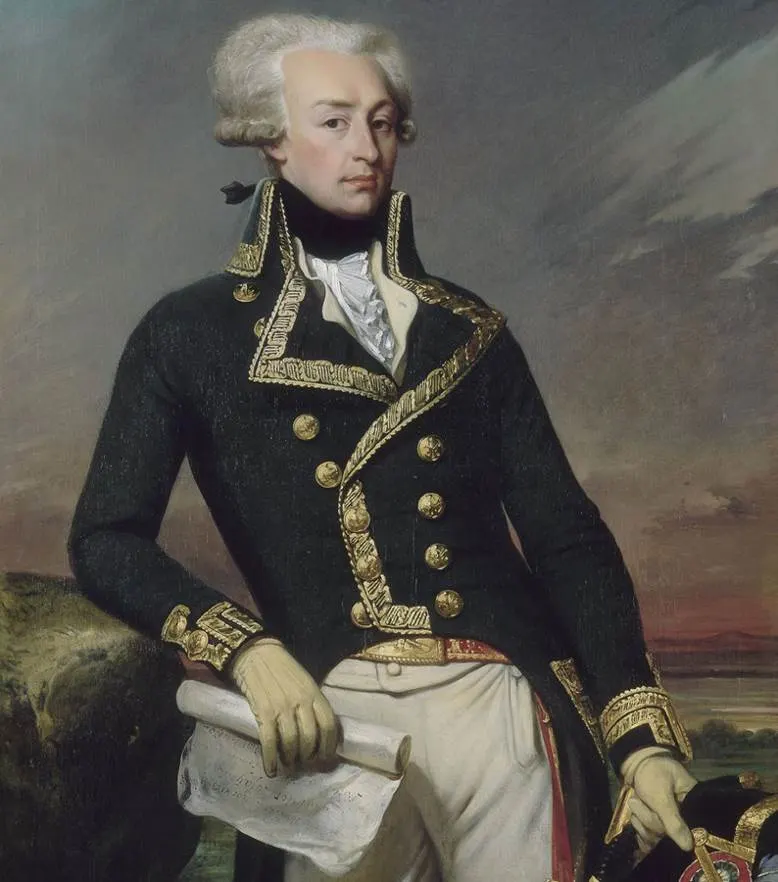
5. Jean-Paul Marat
Jean-Paul Marat (1743-1793) was a French journalist and political theorist who managed to steer the direction of the French Revolution into a more radical event. He represented himself as the voice of the “sans-culottes,” the common people in 18th-century France.
He wrote pamphlets that shaped public opinion about the events that lead up to the abolishment of the monarchy and the subsequent execution of King Louis XVI and his wife Queen Marie Antoinette.
He’s notoriously credited with being the main agitator of the September massacres, an event during which anywhere between 1,176 and 1,614 people were killed in French prisons. He was assassinated by Charlotte Corday, a woman who sympathized with a political faction called the Girondins.
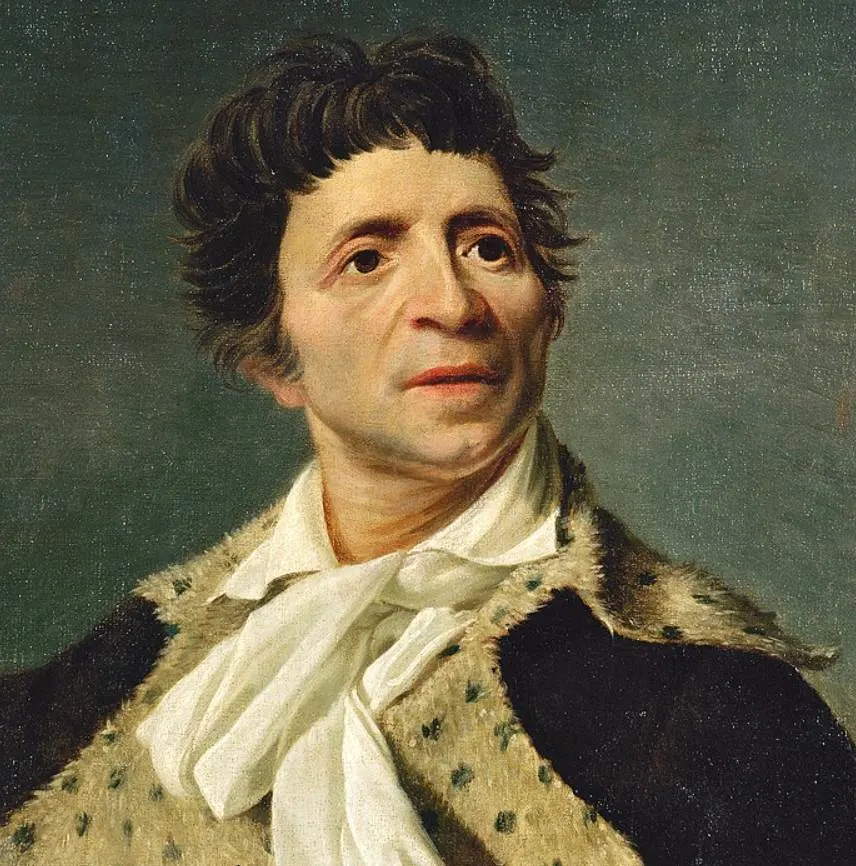
6. Maximilien Robespierre
Maximilien Robespierre (1758-1794) was one of the most influential people of the French Revolution. This French lawyer and statesman was first a member of the Constituent Assembly and eventually one of the leaders of the Paris Commune.
He was accused of trying to establish a dictatorship during his position as a leader of the French Convention and made a decision that cost the lives of thousands of people. He established an army of the sans-culottes to enforce revolutionary laws that had been established.
This period of the French Revolution is now referred to as the “Reign of Terror,” period between 1793 and 1794 in which 16,594 death sentences were handed out all across France. This controversial figure was eventually arrested and executed on July 28, 1794.
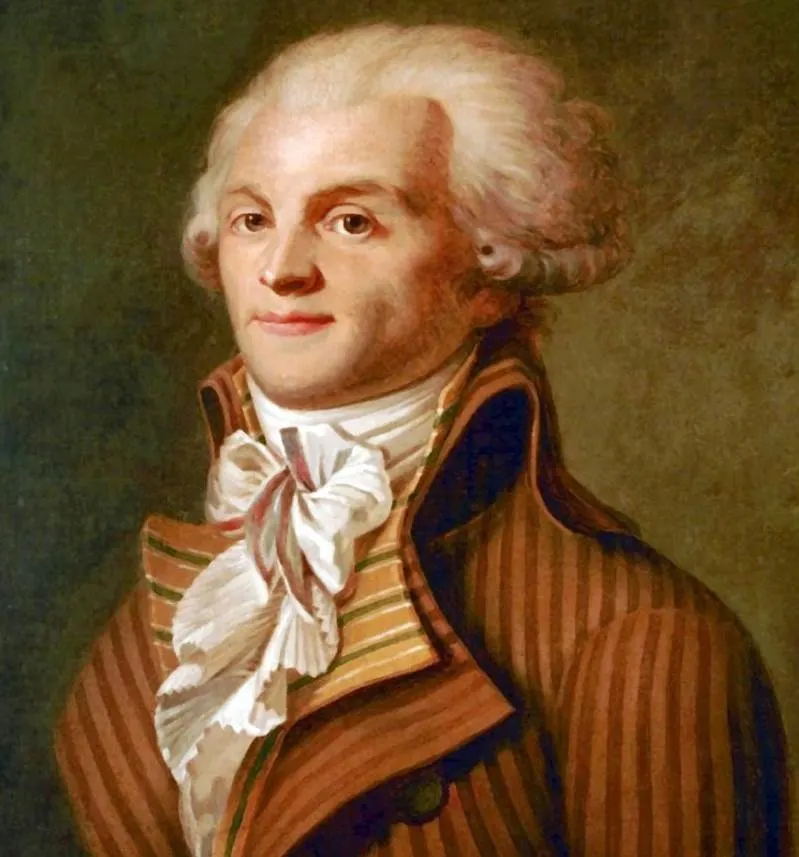
7. Georges Danton
Georges Jacques Danton (1759-1794) was a deputy to the Paris Commune and became the French Minister of Justice in 1792. He was initially in favor of establishing a Revolutionary Tribunal which allowed people to be persecuted for going against the ideas of the revolution.
Despite being the first president of the Committee of Public Safety, he went against Maximilien Robespierre and became his rival, even leaving politics altogether in October 1793. He was a key figure in marking the end of the Reign of Terror.
Despite his moderate voice, he was involved in a corruption scandal concerning the French East India Company. His rivals didn’t forget and jumped on this case, resulting in his execution on April 5, 1794. Today, he’s considered to be one of the main figures in overthrowing the French monarchy and the establishment of the First French Republic.
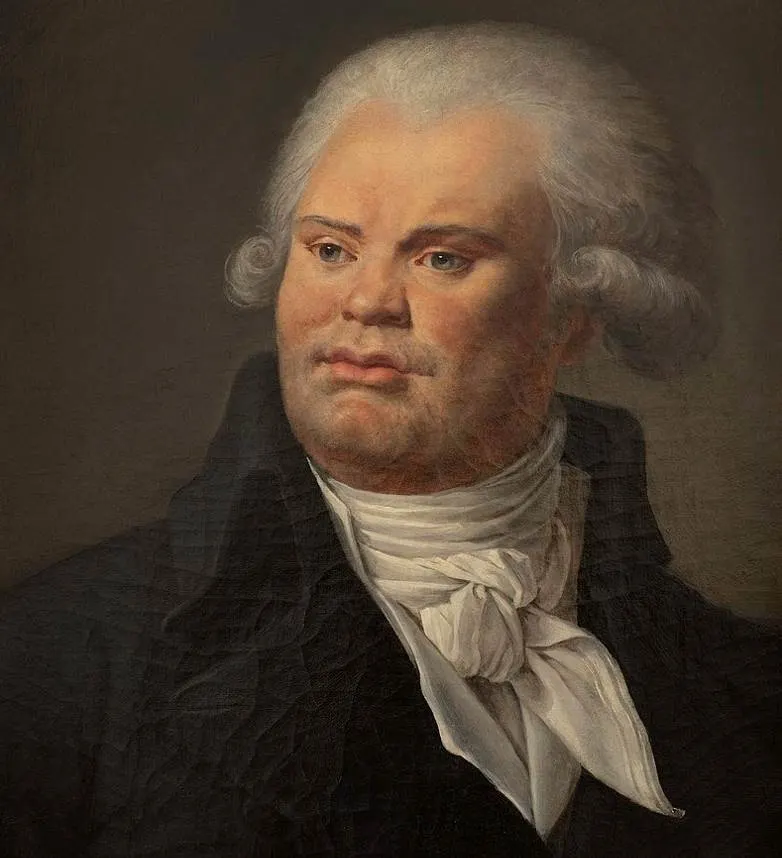
8. Napoleon Bonaparte
Napoleon Bonaparte (1769-1821) was one of the most important military and political leaders in French history. He instantly supported the French Revolution when it broke out in 1789, a period when he still served in the French army.
He wrote a political pamphlet in favor of the republican ideals called the “Supper at Beaucaire.” He became a national hero when his military talent resulted in victories against the Austrians and Italians, both fierce enemies of France at the time.
He staged a coup on November 9, 1799, referred to as the “Coup of 18 Brumaire.” This marked the end of the French Revolution as General Napoleon Bonaparte became the First Consul of France.
